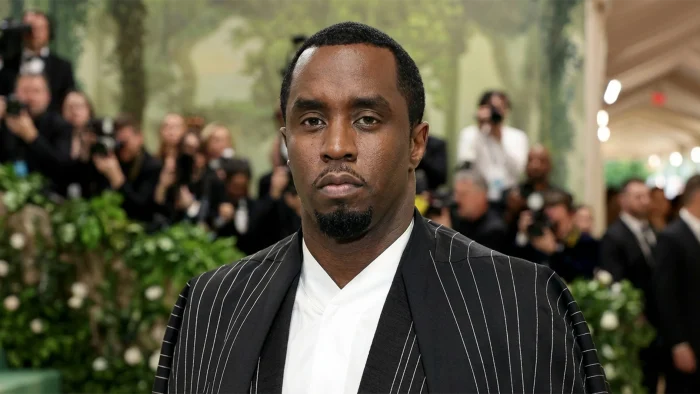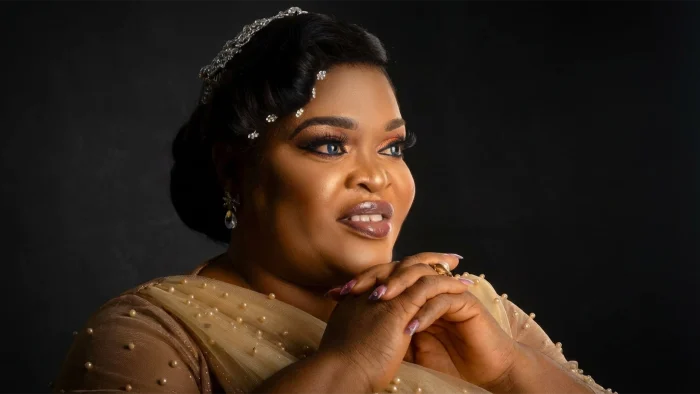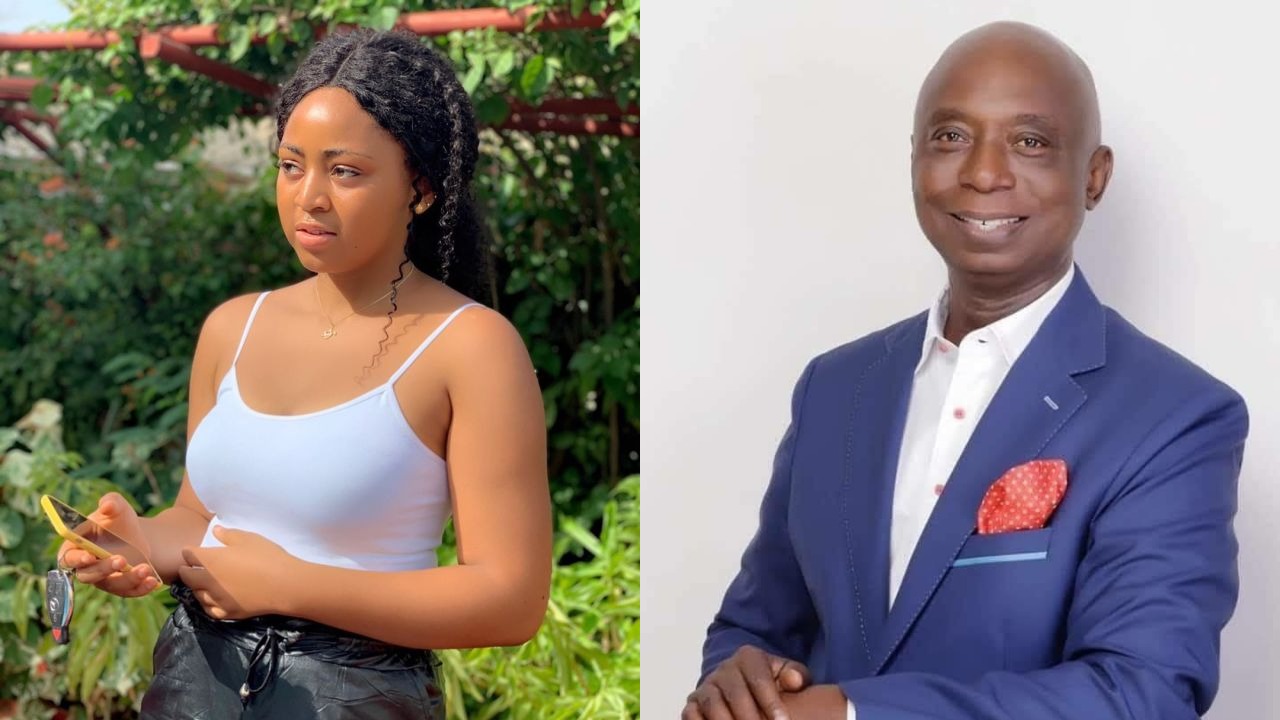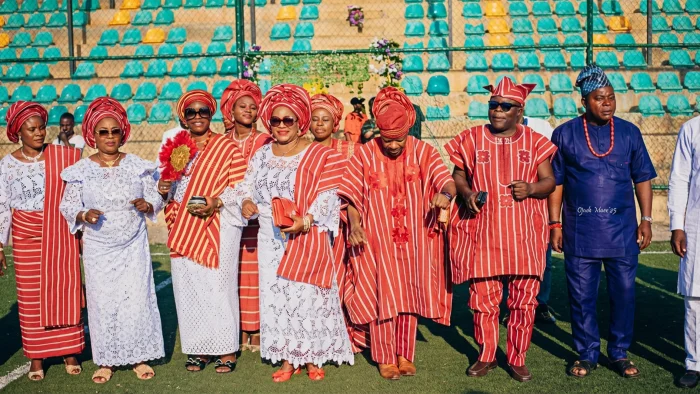
A few years ago, it was considered important for Nigerian artistes to request their international counterparts for a feature, and the sight of mainstream celebrities and sometimes even pseudo-celebrities “vibing” or listening to our music sent fan bases and sometimes even the artistes themselves into a frenzy.
Now, seeing Billie Eilish sing Zlatan Ibile’s music word for word or watching the players of Liverpool FC workout to Omah Lay’s “Soso” is just like any other Wednesday afternoon.
There has been a change in the consumption habits of music lovers that have elevated the Afrobeats genre to the top of the food chain causing it to be more marketable.
Today, the unprecedented growth and popularity of the Afrobeats genre has made Nigerian music one of our most valuable exports. With this, it is important to understand the origin of the genre and how it garnered mainstream appeal.
The Backstory
Afrobeat, a name coined by its pioneer, Fela Anikulapo Kuti, is a genre that developed in the 1960s and 1970s, taking influences from Fuji music and Highlife, mixed with American jazz and funk. Characteristics of Afrobeat include melodic beats, big bands, long instrumental solos, and complex jazzy rhythms. Fela Kuti and his longtime partner, drummer Tony Allen, are credited for laying the groundwork for what would become Afrobeats.
Popular in Nigeria, Ghana, and the UK in the 2000s and 2010s, Afrobeats is less of a style per se, and more of a descriptor for the fusion of sounds flowing out of Ghana and Nigeria.
The Afrobeats genre has long evolved since its formation and has seen different generations of artistes also evolve with it. Over time, it has been infused with various elements to suit the musical style of the artiste creating the sound. Trybesmen, Plantashun Boiz, and The Remedies were some of the early pioneers that fused modern western influences from hip-hop and R&B with local melodies.
While this allowed them to build local audiences, especially with the help of Kennis Music, it blocked them from a wider platform due to the language barriers and distribution limitations.
However, in the UK, it wasn’t until the launch of Choice FM’s New Afrobeats Radio Show created and hosted by DJ Abrantee in April 2011 that the genre gained traction and saw “Afrobeats” trending globally for the first time. The launch of the show gained popularity and provided a launch pad for both the UK-based and African artistes to submit songs for playlist consideration.
Another example of a contemporary African artiste that took the Afrobeat sound to a new level is Ghanaian-British artiste Fuse ODG who helped popularise Afrobeats in the UK through his viral hit song and dance “Azonto”.
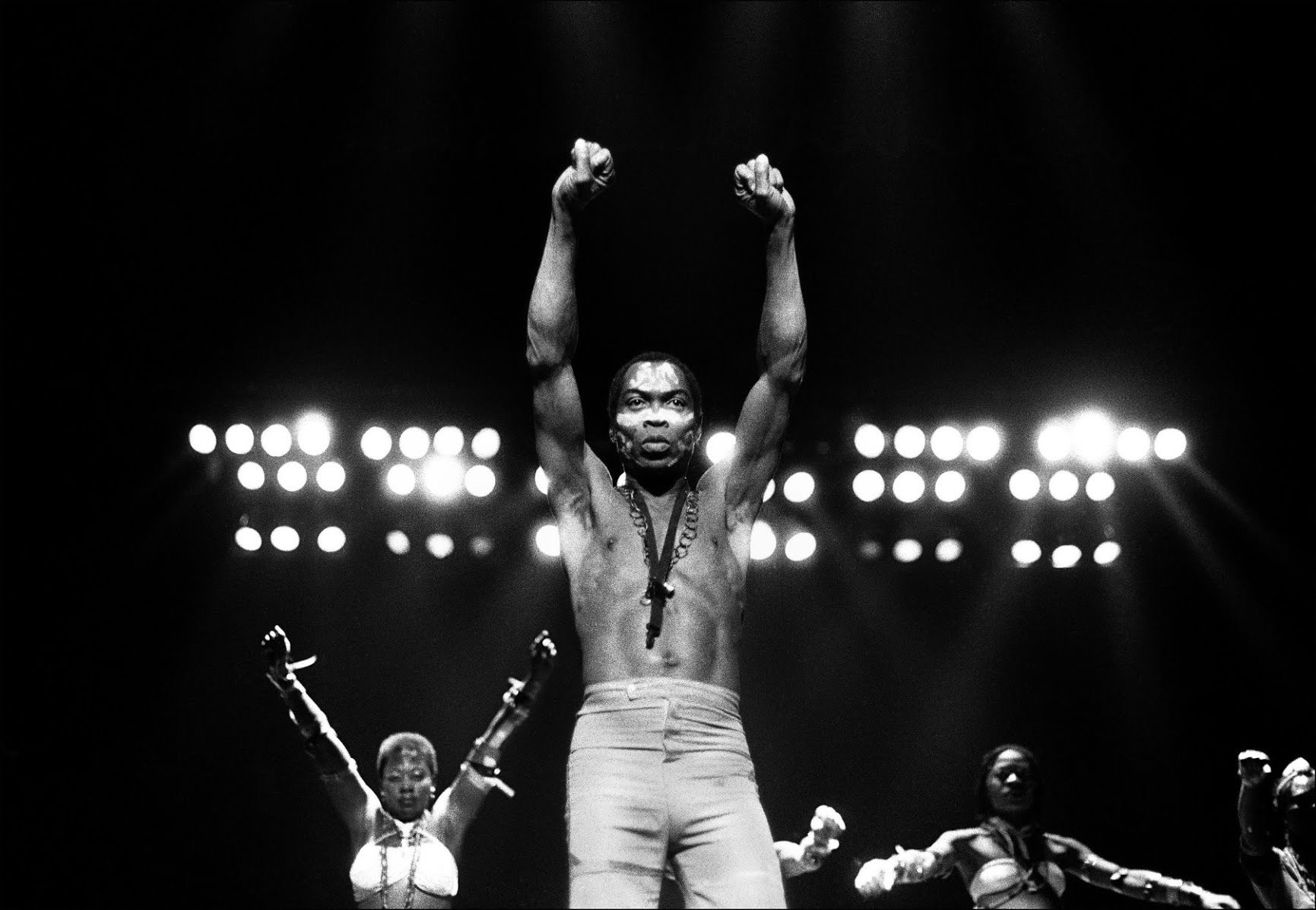
The Appeal
Afrobeats was already dominant in Africa, especially in West Africa, but it really began to break new grounds internationally when Africans in the diaspora began to embrace it and popularise it in various ways.
Nigerian superstar and two-time Guardian Life cover personality, Davido during an interview recounted how Nigerian ballers abroad would only spend excessively or “pop bottles” if the club owners played Afrobeats music when their drinks were being brought out and this helped to introduce the sound to an elite class of society that otherwise wouldn’t have come across the music at that time.
The Afrobeats genre in many ways helped to encourage Africans in the diaspora to embrace their African heritage rather than, as was the norm, attempting to fit into British-Caribbean or Jamaican communities.
Viral dances like Iyanya’s “Kukere” which became popular and known for its adaption of a traditional dance called Etighi and “Skelewu” by Davido which was shot in grandeur style in London helped push the commercial appeal of the genre as young people found the dances enticing and thanks to social media, the hype grew rapidly. It is estimated that the number of Skelewu dance videos uploaded to YouTube by fans aggregated to over one million views.
The genre kept growing at its own pace through the 2010s with artistes like 2face, Wizkid, Davido, Burna Boy, Tiwa Savage, Olamide, Runtown, and Flavour amongst others putting out exceptional music and garnering fans home and abroad including fellow musicians.
Canadian artist Drake also began to experiment with Afrobeats in the mid-2010s, which arguably helped it gain more international mainstream appeal.
In 2014, he featured on “Ojuelegba (Remix)” by Nigerian artist Wizkid alongside British rapper Skepta, and in 2016 when he released “One Dance” alongside British singer Kyla and Wizkid. “One Dance” became Spotify’s most streamed song, with over a billion streams, and was number 1 in 15 countries. Drake’s 2017 album More Life contains many Afrobeats and Dancehall influences.
In 2017, Wizkid signed to RCA Records, which became the biggest ever deal an African musician has ever received, and this was proof that the big labels were aware of the value and potential Afrobeats possessed.
In June 2018, prominent American rapper Kanye West released his album titled “Ye”. Fans of Kanye West that searched for his album also, unintentionally, came across Burna Boy’s song called “Ye” (released in January that year). This led to a 200% spike in streams for Burna Boy, gaining over 11.2 million streams in the United States alone
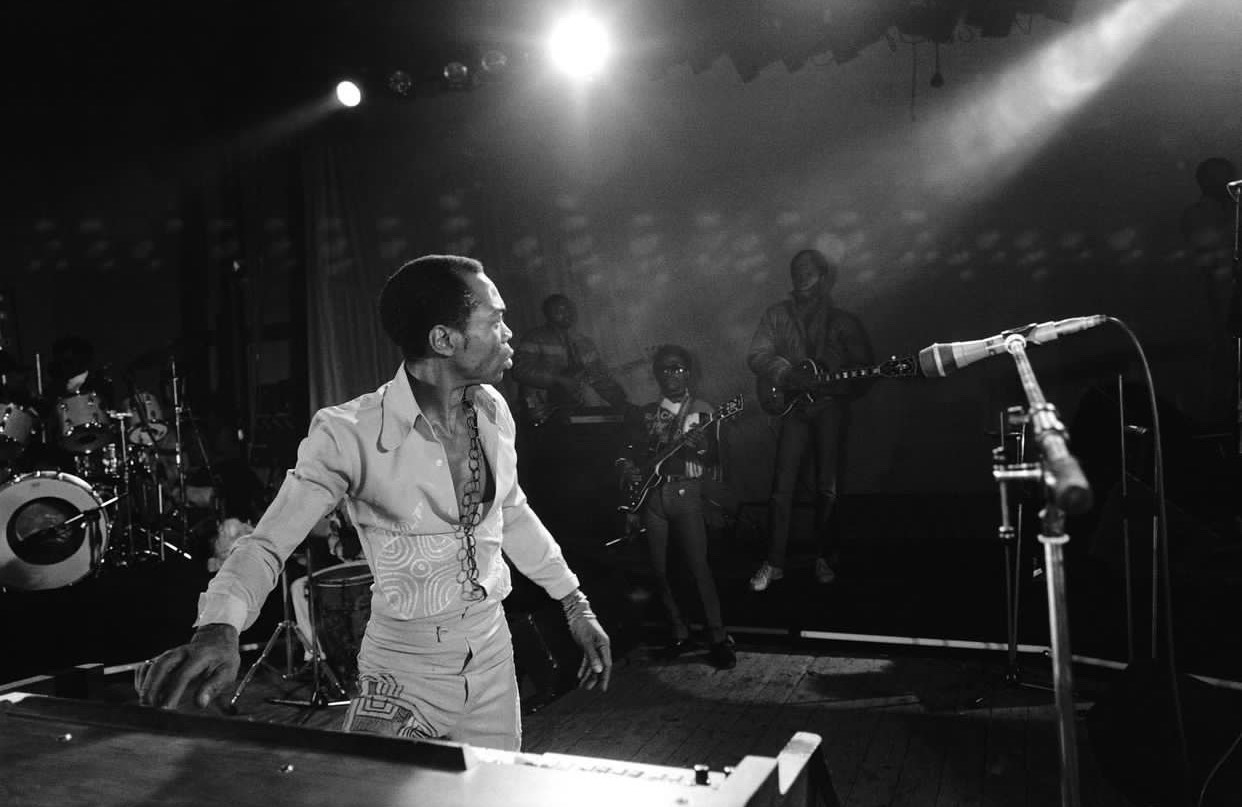
The latter half of the 2010s also saw prominent American artists experiment with Afrobeats music. This was notable due to the difficulty Afrobeats has previously had in accessing the American market.
The likes of Janet Jackson, Beyoncé, Akon, Drake, Chris Brown, Nas, and Nicki Minaj, to mention a few, had dabbled with Afrobeats either through collaboration or contribution to another artiste’s project.
The rising attention of Afrobeats in the US also reached music radio stations, which began airing Afrobeats. As such, Davido’s “Fall” became a top 20 radio hit in America, 24 months after it was initially released, and later became certified Gold in Canada and the U.S.
Now in the 2020s, Afrobeat has become an A1 sound that can be expected to be heard in any spot in the world, no matter how exclusive.
With an improved structure of music distribution, a defining sound of R&B-infused, and sometimes trap-influenced, Afrobeats music, these Nigerian young stars are perceived to be the next generation of Afrobeats champions.
The Cracks
At this time, the continent is beginning to receive a lot of commendation for its massive reserve of talent and Afrobeats artistes are a hot commodity but that’s not to say that everything is perfect and there aren’t repetitive errors that need to be addressed and nipped in the bud.
- Timing and punctuality: African time is perhaps the most absurd concept that has been normalised with artistes and event/concert organisers. In Nigeria, time after time, attendees complain about the laissez-faire attitude towards timing for shows and in some cases events scheduled for 7 pm can start as late as 2 am and by that time a good number of ticket buyers are exhausted with a good number of them grumbly leaving the venue before the headline artiste waltz’s in for their performance. In Nigeria, there seems to be little or no consequence for this, but this is a trait that needs to be curtailed before it causes artistes embarrassment on foreign soil. Two weeks ago, concert goers in New York called out Kizz Daniel for allegedly keeping them waiting for 5 hours without showing up. Although he eventually put out an apology explaining that his passport was withheld, this became a conversation-starter in Nigeria where artistes are notoriously known to start the show at any time to the detriment of the attendees. With the precedence set by those in the concert, artistes have become more aware that actions have consequences. It is hoped that they will replicate it in Nigeria.
- Reputation management: At the moment, artistes hoping to make it to the big leagues fully understand that there’s a lot at stake now, so that means paying a lot more attention to your brand and how it is perceived. Even the biggest stars, no matter how “blown” they may look, have professionals who ensure that their brand is being appropriately represented and encourage opportunities and partnerships. No major brand wants to work with any artiste who they consider to be a loose cannon. If there is a scandal or negative press surrounding an artiste, no matter how big you are, you’re going to get dropped. If you have any doubts, ask Robert Kelly.
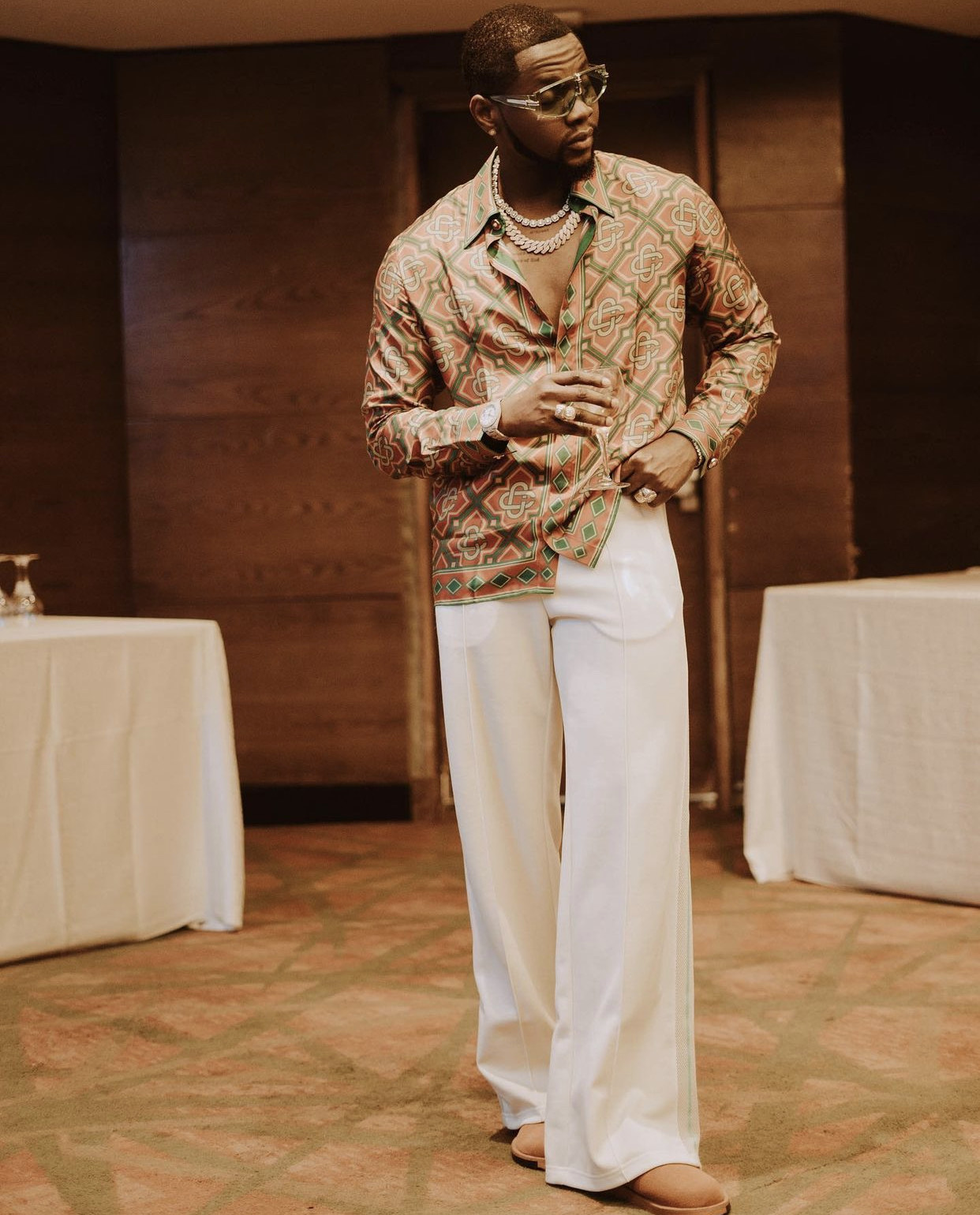
- Copyright and legal representation: Copyright is a legal term used to describe the rights that creatives have over their literary, musical, or artistic works. It is a type of intellectual property that confers exclusive rights on the copyright owner and excludes any other person from reproducing or exploiting the work without the authorisation of the copyright owner. With this in mind, as an upcoming or prominent artiste, it is clear that legal representation is a necessity in order to prevent others from ripping you off and also to stop you from getting yourself in trouble with other artistes and creators. This is even more vital considering that a lot of music, including Afrobeats thrives on sampling the works of the ones that came before. Instances exist such as “Last Last” (2022) by Burna Boy which samples “He wasn’t man enough” (2000) by Toni Braxton, “Let Nas Down” (2013) by J. Cole which samples “Gentleman” (1973) by Fela Kuti, “Freak Me” (feat. Tekno) (2018) by Ciara samples “Before Nko” (feat. D’Prince) (2015) by Tiwa Savage, “Jaiye Jaiye” (2013) by Wizkid samples “Lady” (1972) by Fela. Without appropriate approval, none of these songs would’ve existed. As such, the need for attention to copyright cannot be overstated.


